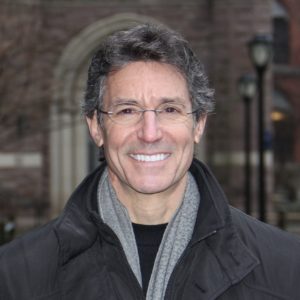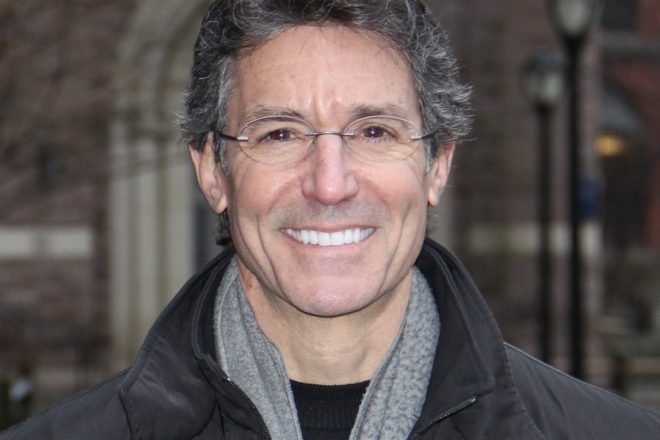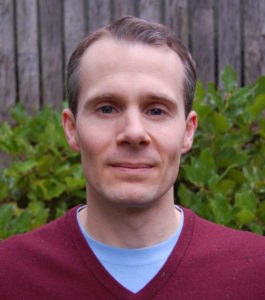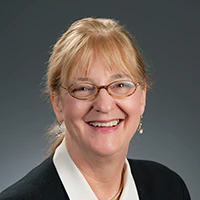
Podcast: Play in new window | Download


Podcast: Play in new window | Download


Podcast: Play in new window | Download


Podcast: Play in new window | Download
This week, I sit down with Dr. Stephan J. Guyenet, a neuroscientist, thinker and educator. After earning a BS in biochemistry at the University of Virginia, he completed a PhD in neuroscience at the University of Washington, then went on to study the neuroscience of obesity and eating behavior as a postdoctoral fellow. He has over 12 years of history in the neuroscience research world studying neurodegenerative disease and the neuroscience of body fatness. His mission is to advance science and public health as a researcher, science consultant, and science communicator. Publishing a book, The Hungry Brain, in 2017, he laid out the framework for understanding how our brains work with food. It was named one of the best books of the year by Publishers Weekly and called “essential” by the New York Times Book Review.
Finally, he is the founder and director of Red Pen Reviews, which publishes the most informative, consistent, and unbiased popular health and nutrition book reviews available.
This hour long conversation is very stimulating as we dive headlong into the upstream targets of food choice and body outcome.
Enjoy,
Dr. M


Podcast: Play in new window | Download


Podcast: Play in new window | Download
Coronavirus Update #54 – This audiocast is a deeper dive into policy and opinion based on the same for Omicron.


Podcast: Play in new window | Download


Podcast: Play in new window | Download
Have you ever wondered why we are struggling as a society to maintain health? This podcast is the place where you can start to understand the root cause or the headwaters of the disease river. Insulin resistance, in my mind is the root of the problem. The Answer to the dilemma is within these audio minutes for you to listen to at your leisure and at your pace to understand this complex topic distilled down into palatable bites.
Enjoy,
Dr. M